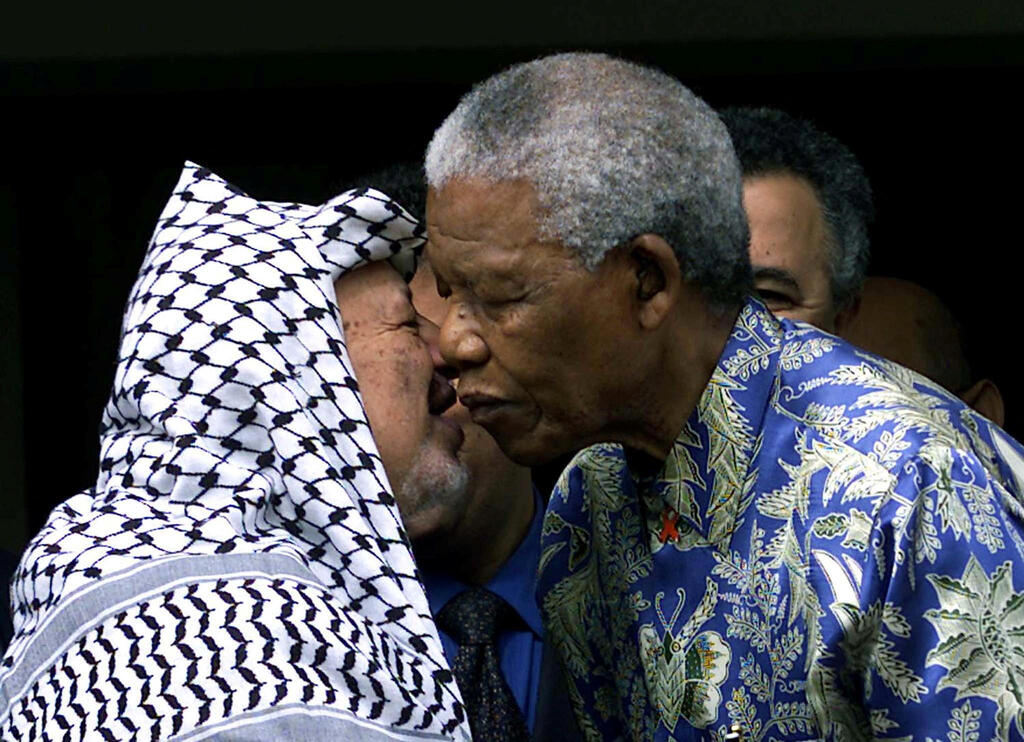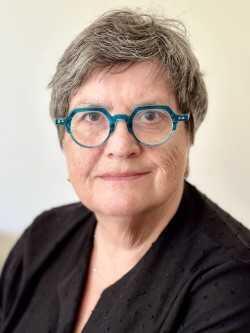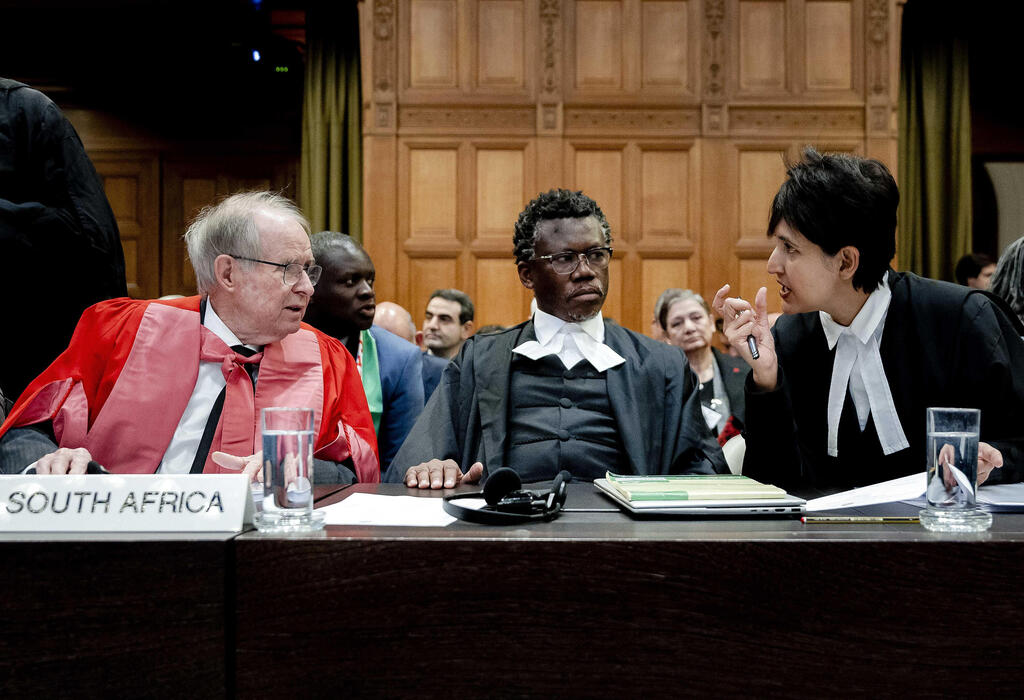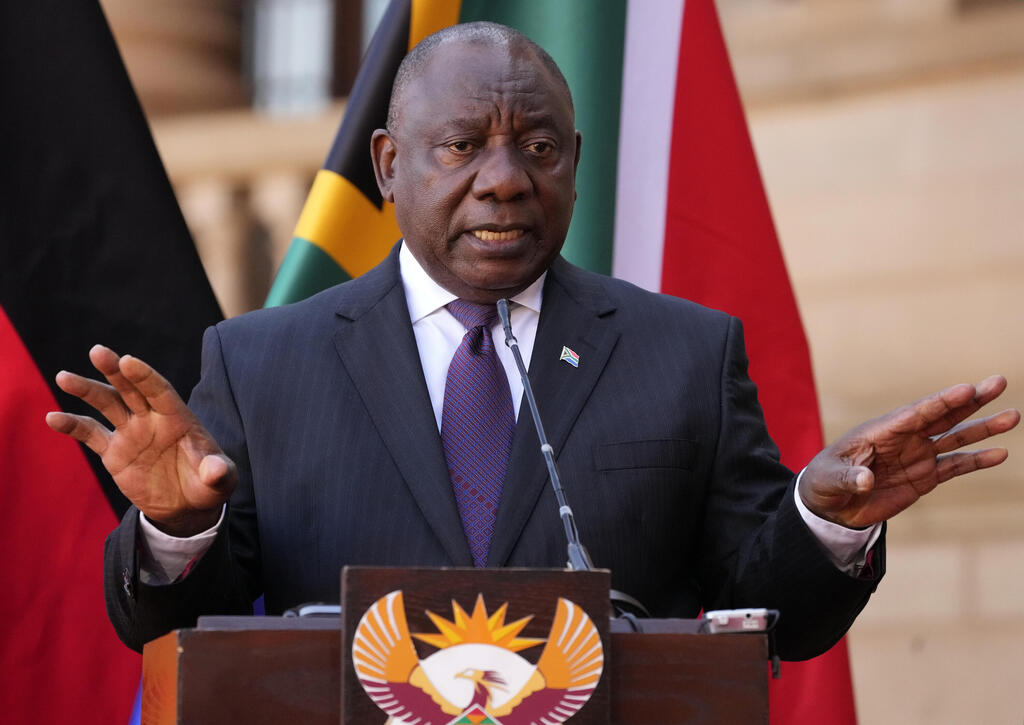Of all the conflicts in the world, including on its own continent, why did South Africa choose to focus on Israel and accuse it of genocide in the International Court of Justice in The Hague? Much of the answer is to be found in the elections scheduled to take place there this year, and in internal and external developments since apartheid ended in 1994.
Read more:
Polls indicate that in a first since democratic elections began, the African National Congress (ANC) will not have a majority in parliament. Apparently, the public believes that thirty years after the end of white rule, it is time to stop blaming it for ongoing problems. It expects its successors to take responsibility.
Electric shortages are a case in point. Since 2007, many do not have electricity for hours at a time due to load shedding. Crime thrives in the dark (South Africa is dangerous), services such as healthcare are harmed, industry and production suffer, and hundreds of thousands lose their jobs (unemployment and inequality are the highest in the world).
How did this happen? Emigration, and the movement of experience and capability from the struggling civil service to the private sector, undermine the maintenance of existing infrastructure and the quality of new infrastructure. Add to this affirmative action, which may prefer loyalty over merit, as well as extensive corruption.
Naturally, the ANC wishes to improve its chances in the upcoming elections. Taking a harsh position against Israel could improve its chances within the million-strong Muslim community, among whom are politically influential and financially successful individuals.
Also, the ANC apparently hopes that improving the country's image abroad will influence voters. Confronting failure is embarrassing; far more pleasant to lean on its image as an international icon for freedom, as it did in The Hague. But if in its early years as a democracy, South Africa was the object of admiration in the West and was close to it, it now seeks status and investment in other countries, and attempts to please them. This tallies with a geopolitical approach whereby the locus of world power is shifting to countries like China and Russia.
Thus, South Africa did not condemn Russia for its invasion of Ukraine, and reportedly supplied it with weapons. While leading the onslaught on Israel, President Cyril Ramaphosa hosted the leader of the Sudanese Rapid Support Forces, whose troops are responsible for the deaths of more than half a million of his country's people.
South Africa would no doubt explain that it is duty-bound to share its experience in reconciliation and conflict resolution with all parties. But in a display of hypocrisy (and amid persistent if unproven reports about Iranian assistance which brought the ANC back from the brink of bankruptcy), when it comes to Israel, it is entirely one-sided.
3 View gallery


Former Palestinian leader Yasser Arafat and former South African President Nelson Mandela
(Photo: Reuters)
To be fair, it would be simplistic to attribute everything – recalling its diplomats from Israel, extensive condemnation, Hague) only to the upcoming elections. Israel (but not only) cooperated with the apartheid regime, including militarily. The situation of blacks under white rule is widely compared to that of the Palestinians. And the PLO supported the ANC during the struggle.
However, Nelson Mandela, the first black president, consistently maintained – including during a brief visit to Israel after his retirement – that along with Palestinian rights, Israel is entitled to a secure existence. His successor Thabo Mbeki initiated meetings between Israelis and Palestinians, with a view to promoting peace. They were followed by Jacob Zuma (forced out due to severe corruption) who was not interested in foreign affairs and allowed extremists to set the tone.
Thus, in a turnaround from supporting the two-state solution and the PLO, fundamentalist Hamas became a legitimate interlocutor of a country whose essence is secular and pluralistic.
Throughout the war, we have been hearing statements about occupation which has been ongoing for 75 years, meaning since the establishment of Israel in 1948, rather than the Six-Day War in 1967. By implication, Israel has no right to exist. Such official statements would have been inconceivable 15-20 years ago.
 Tova Herzl
Tova HerzlAs for some 50,000 South African Jews, many support Israel and are distressed by these developments. Despite an increase in antisemitic incidents, they still enjoy more personal safety than in many other countries, including those where governments support Israel.
Can relations between the two countries be put back on track? Will South Africa overcome its own challenges? Signs are not positive, but time will tell.
- Tova Herzl is a former Israeli ambassador to South Africa and the Baltic countries, and served as liaison between the U.S. Congress at the Israeli Embassy in Washington





